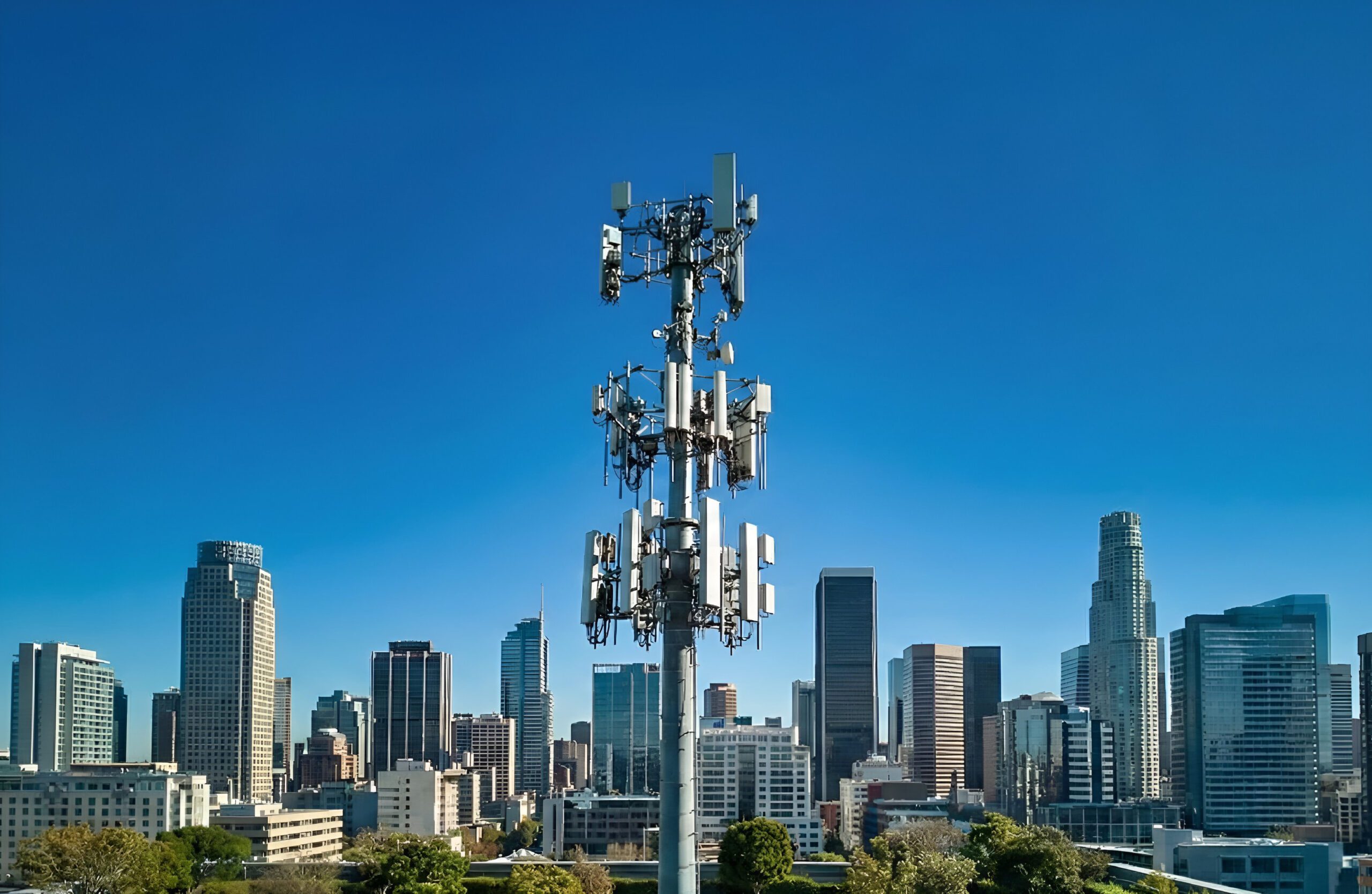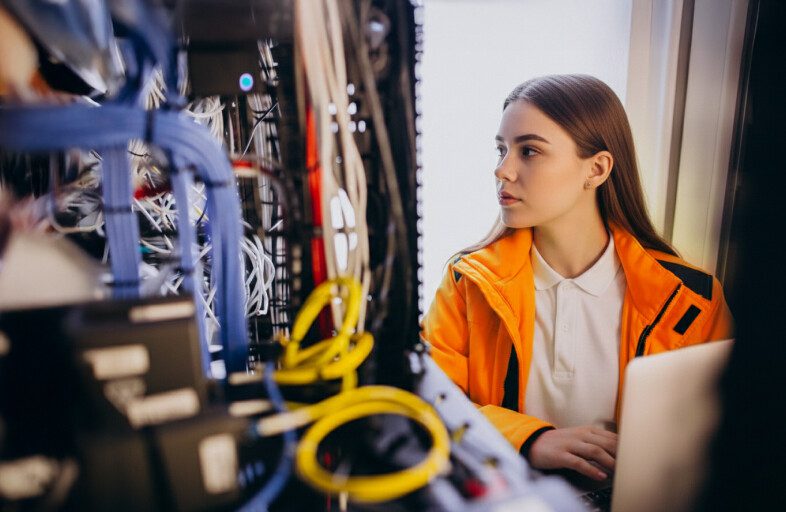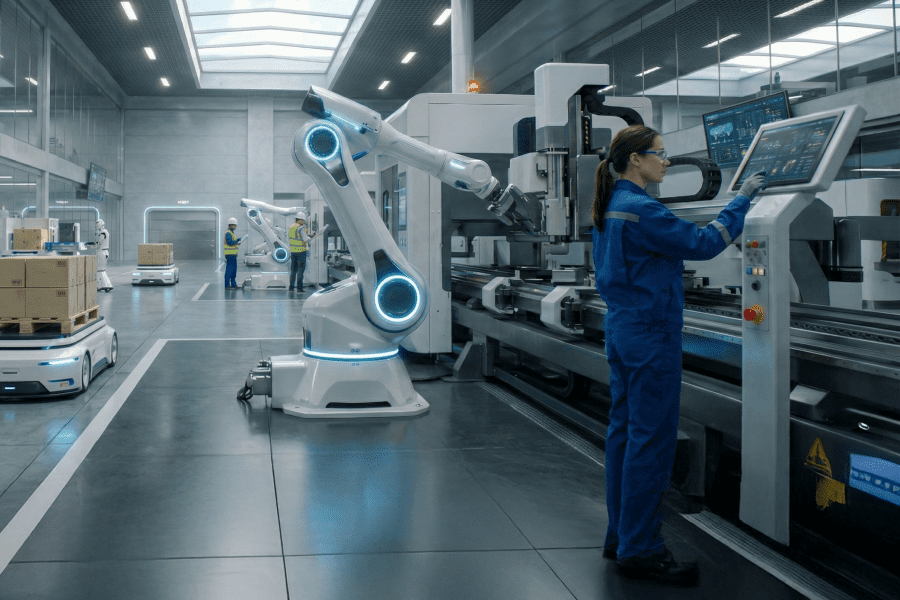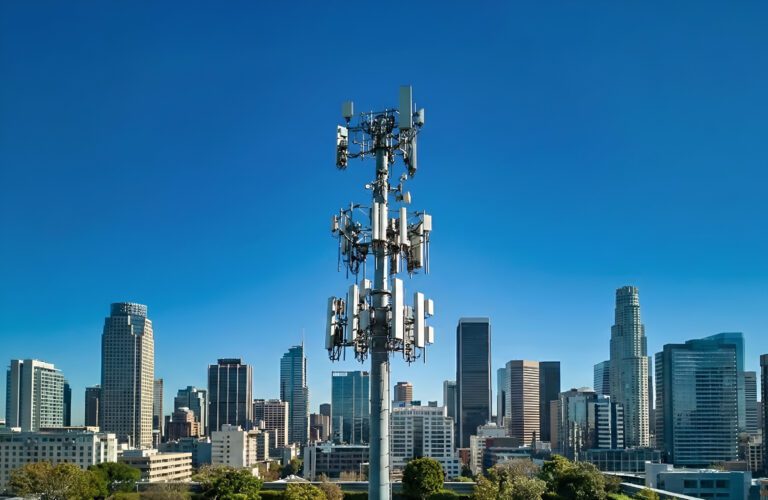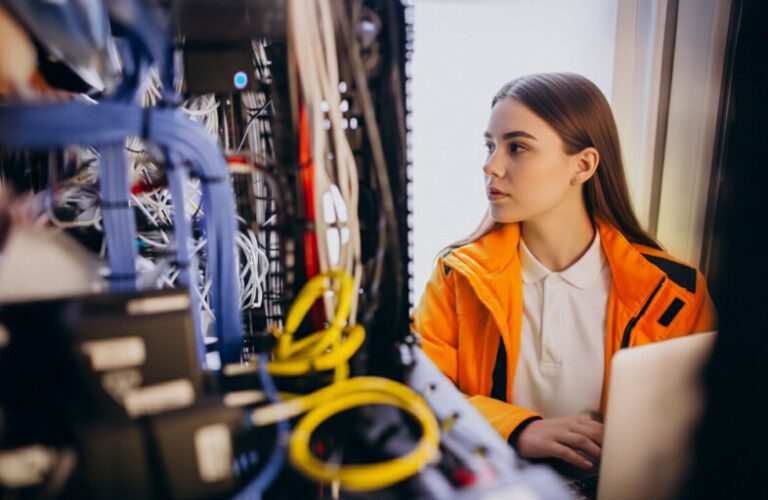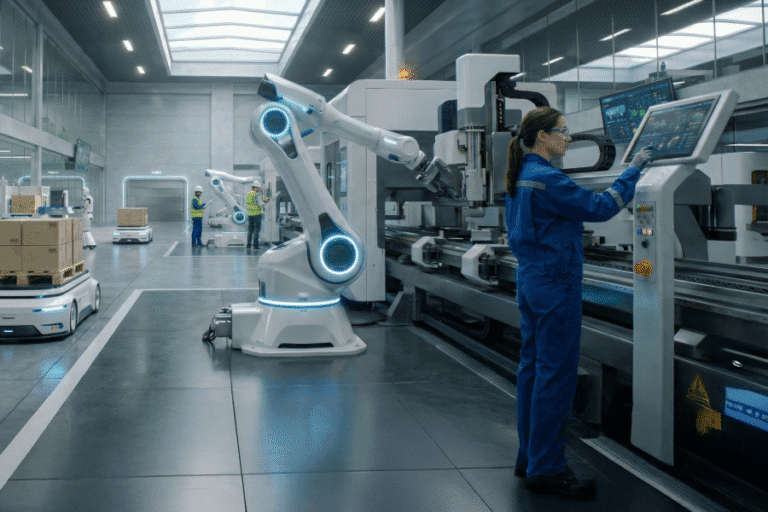- Services
Technology Capabilities
Technology Capabilities- Product Strategy & Experience DesignDefine software-driven value chains, create purposeful interactions, and develop new segments and offerings
- Digital Business TransformationAdvance your digital transformation journey.
- Intelligence EngineeringLeverage data and AI to transform products, operations, and outcomes.
- Software Product EngineeringCreate high-value products faster with AI-powered and human-driven engineering.
- Technology ModernizationTackle technology modernization with approaches that reduce risk and maximize impact.
- Embedded Engineering & IT/OT TransformationDevelop embedded software and hardware. Build IoT and IT/OT solutions.
- Industries
- GlobalLogic VelocityAI
- Insights
Case StudiesGlobalLogicFrom Legacy to Leading-edge: A Global Software Leader’s ...
Discover how GlobalLogic’s AI-powered solutions helped a global software leader migrate...
 Case StudiesGlobalLogic
Case StudiesGlobalLogicStreamlining API Documentation with GenAI-Enabled Automation
Discover how GlobalLogic helped a leading rental solutions provider automate API docume...

- About
RecognitionsGlobalLogicMay 19, 2025Boomi UK & Ireland Partner of the Year 2025
We’re thrilled to share that GlobalLogic has been named Boomi’s UK & Ireland Partner of...
 Media CoverageGlobalLogicNovember 21, 2024
Media CoverageGlobalLogicNovember 21, 2024Realizing the value of enterprise-grade AI: From ...
Principal Data Scientist at digital engineering leader GlobalLogic, Dr José Albornoz, s...

- Careers
BlogsGlobalLogic22 February 2026If You Build Products, You Should Be Using Digital Twins
Digital twins are the foundation of modern product ...
BlogsBlogsBlogsGlobalLogic18 December 2025Physical AI: Bringing Intelligence to the Edge of Action
At GlobalLogic, we’re building systems that don’t just ...
BlogsBlogsBlogsBlogsBlogsBlogsLoading...
 How can I help you?
How can I help you?
Hi there — how can I assist you today?
Explore our services, industries, career opportunities, and more.
Powered by Gemini. GenAI responses may be inaccurate—please verify. By using this chat, you agree to GlobalLogic's Terms of Service and Privacy Policy.


